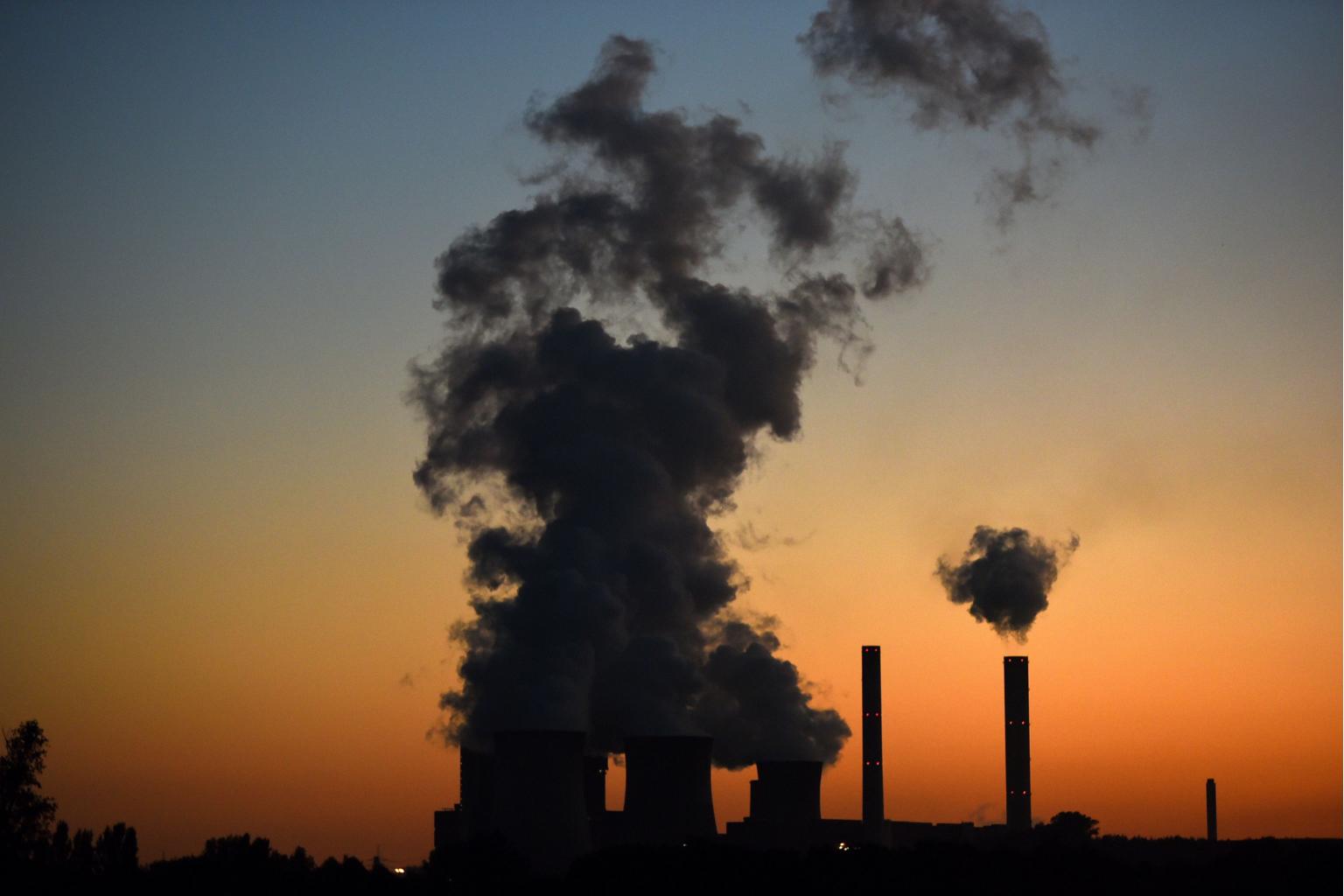Funds worth $50 trillion failing to meet climate goals: Analysis
Sign up now: Get ST's newsletters delivered to your inbox

In a photo taken on Oct 2, 2015, a power plant run by brown coal from an open cast mine is pictured in Weisweiler, western Germany.
PHOTO: AFP
PARIS (AFP) - The world's largest investment funds - controlling a mammoth US$37 trillion (S$50.50 trillion) in assets - are failing to bring their portfolios in line with the Paris climate goals, new analysis showed on Wednesday (Nov 27).
The funds control portfolios containing a fifth of the total value of world capital markets, yet their investments in sectors such as automobiles and coal puts them "significantly at odds" with the Paris aim of limiting global warming to well below two degrees Celsius, the Britain-based think tank InfluenceMap said.
Experts analysed 50,000 listed funds controlled by 150 finance giants and found US$8.2 trillion of holdings in oil and gas, coal mining, car manufacturing and electric power.
InfluenceMap found that within those sectors, the funds were still tending towards investing in companies deploying so-called "brown technologies", and that they were under-investing in renewables and other green tech.
"The majority of companies in these sectors are very far from aligning their business models to meet the goals of Paris," it said.
Recent years have seen a global movement calling on shareholders to stop their institutions investing in fossil fuel use and exploration.
According to the climate campaign group 350.org, US$11 trillion has already been committed to be divested.
But the industry pushback has been hard, with pension and sovereign wealth funds seeking to draw down their fossil investments challenged by shareholders in companies belonging to their portfolios.
"There's been this big movement in the last decade about sustainable finance being a driver for improving things in the real economy in the absence of strong government action," said InfluenceMap's executive director Dylan Tanner.
"If the finance sector is making broad statements about being in line with the Paris agreements, that would suggest their portfolios should aim for that alignment," he told Agence France-Presse.
"It's clear that they do not."
This was clearest in the automotive sector, where institutional reluctance to green production lines and sophisticated lobbying techniques are holding back progress, the report said.
In 2018, car-makers produced 96 million vehicles worldwide, but only 1.4 per cent of them were electric (EVs).
"The sector is not investing in EVs at anywhere near enough pace, and the fleet volumes are growing so much that the internal combustion engine will overwhelm any benefits from EVs," Mr Tanner said.
POWER IN INVESTORS' HANDS
Last year, the Intergovernmental Panel on Climate Change (IPCC), in its assessment on the difference between 1.5C and 2C of warming, laid out a timeline for phasing out coal by 2030.
The funds analysed by InfluenceMap currently manage at least 30 per cent more coal production than would be consistent with the Paris goals.
"It should also be noted that coal industry interests continue to lobby aggressively to delay policy which may realise the IPCC's 2030 phaseout timeline," it said.
The analysis recommended that shareholders pressure corporations to bring their business plans in line with Paris climate goals, largely through investment in greener technology.
"The assess management industry is only starting to be aligned with the Paris Agreement," said Ms Christiana Figueres, a former UN climate change secretary and founding partner of the Global Optimism consultancy.
"In the face of the climate emergency, it is critical for investors to show companies the path to follow."


